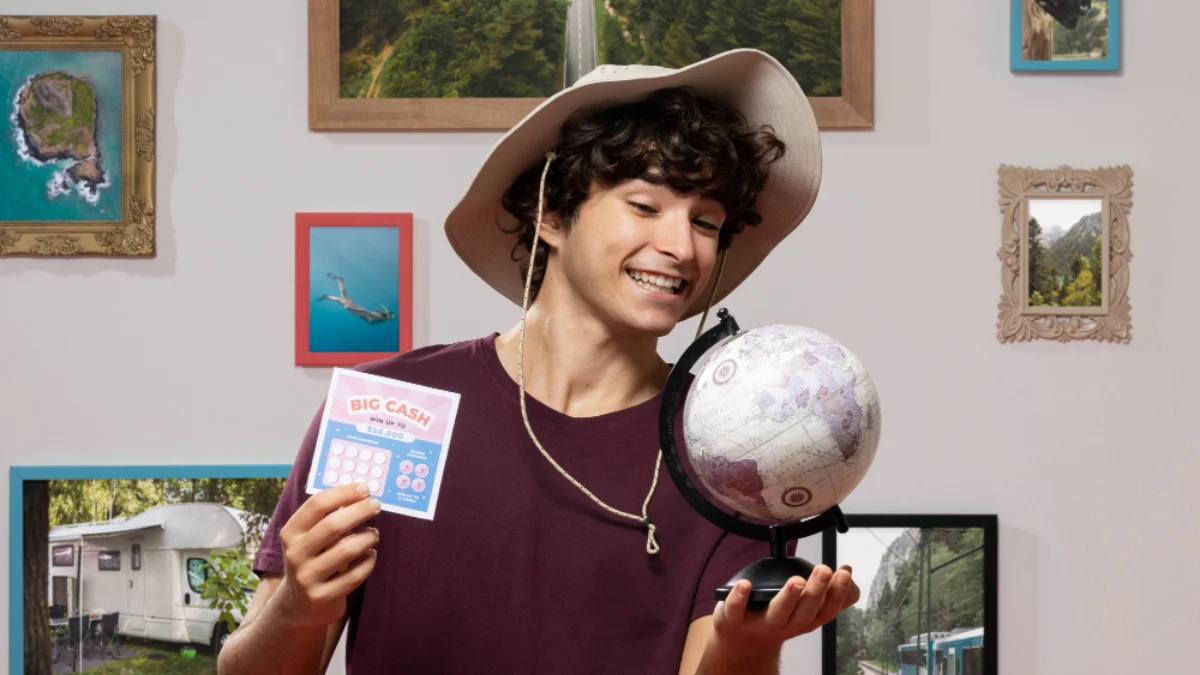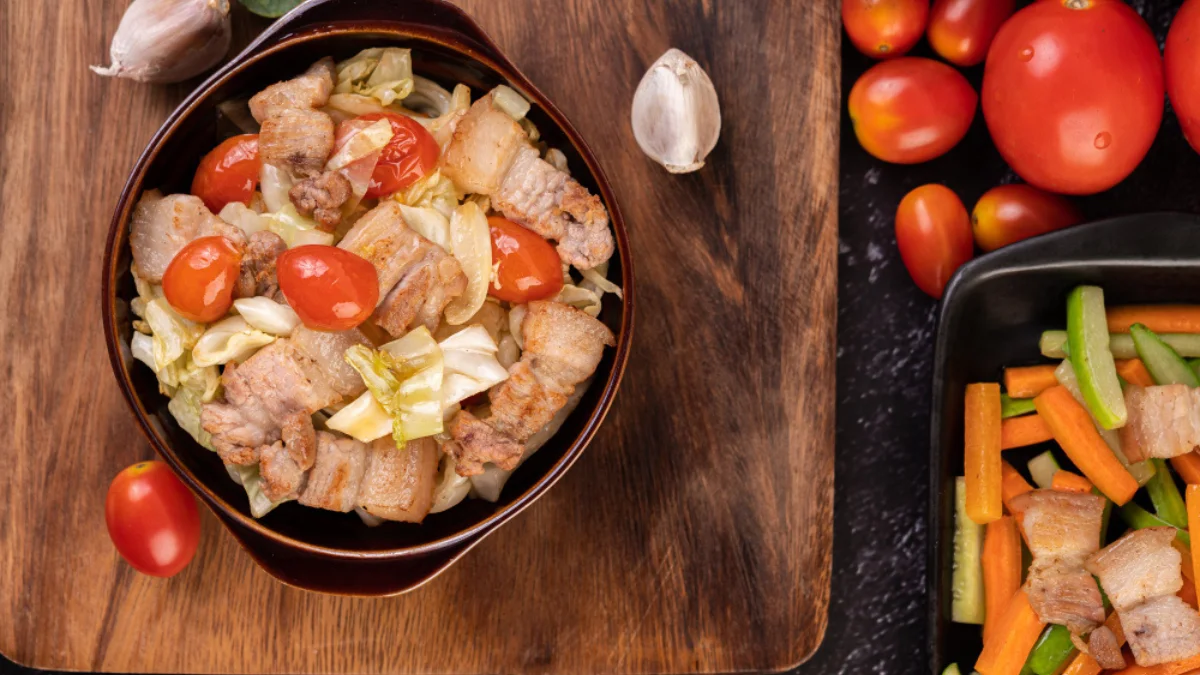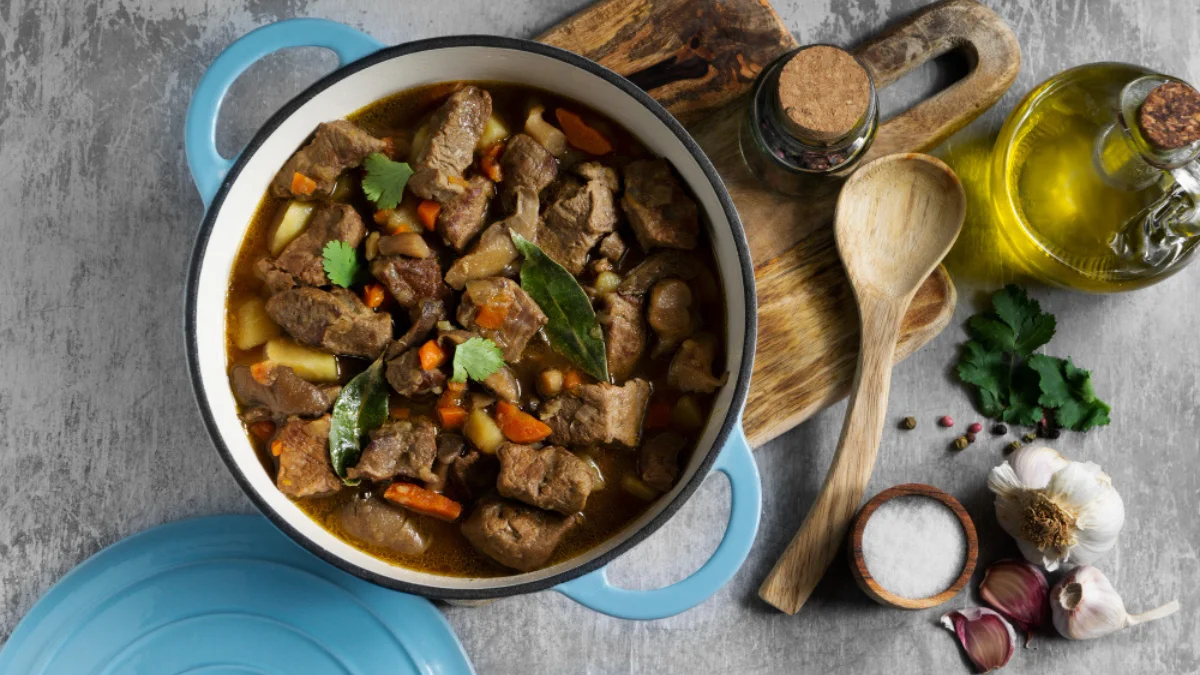Travelling the globe is more than a dream; it is a lifestyle choice. If you are wondering how to travel the world, the first step is deciding to go. Many people hesitate because of money, time, or fear, yet with clear planning, it becomes possible. The moment you commit, you start building the journey you have always imagined.
Taking those first steps might feel overwhelming, but the process gets easier when broken into parts. You do not need to have all the answers today. What matters most is that you are ready to explore, learn, and grow through travel experiences.
Planning Your World Travel Adventure

Every successful trip begins with good planning. Researching destinations, budgets, and visas will save you stress later. Understanding how to travel the world also means learning to adapt to unexpected changes along the way.
Spend time thinking about what you want from your journey. Are you looking for cultural discovery, nature escapes, or personal growth? Once you know your goals, you can choose countries and routes that match your travel dreams.
Choosing the Right Destinations
Your destinations will shape your trip more than anything else. Some countries are affordable, while others need a higher budget. Southeast Asia, parts of South America, and Eastern Europe are popular for long-term travellers because costs are lower.
Balance your plans between affordable regions and more expensive ones. This will help your budget last longer. It also gives you the chance to enjoy a mix of cultures and landscapes without financial stress.
Creating a Realistic Budget
Money plays a key role in planning global travel. Start by checking your savings and deciding how much you can spend per month. A budget will keep your trip on track and reduce financial worries.
Divide your funds across transport, accommodation, food, insurance, and activities. Daily averages vary by country, so adjust your spending as you move. Staying flexible will help you stretch your resources further.
Practical Steps Before You Travel the World
Before boarding that first flight, there are important details to arrange. Getting documents, healthcare, and personal affairs in order ensures peace of mind while away.
A little preparation now saves major headaches later. It gives you freedom to focus on exploring without constant worry.
How to Travel the World with Passports and Visas Sorted
Your passport is the most important travel document. Make sure it has at least six months’ validity left. Apply for necessary visas early because some take weeks to process.
Check entry requirements for every country on your list. Keeping digital and paper copies of your passport and visas is also a smart safety step.
Health and Travel Insurance
Looking after your health on the road is essential. Visit your doctor before leaving to review vaccinations and any health concerns. Travel insurance is non-negotiable, as it protects you from high medical bills or cancelled trips.
Providers like SafetyWing or World Nomads offer good cover for long-term travellers. Choose a plan that fits your destinations and activities.
Packing for a Journey: How to Travel the World Light

What you carry will shape your travel experience. Too much luggage slows you down, while too little leaves you unprepared. Smart packing makes life easier on the road.
Think about versatility and comfort rather than quantity. Every item should serve more than one purpose whenever possible.
Essential Travel Gear for Travelling the World
Start with a reliable backpack or suitcase. Choose durable shoes, weather-appropriate clothes, and compact toiletries. Lightweight electronics, like a tablet or laptop, will keep you connected if you work remotely.
Do not forget adapters, portable chargers, and secure bags for valuables. These small items make a big difference during long journeys.
Staying Minimal but Prepared
Carrying less means moving faster and spending less on transport. However, you should still prepare for climate changes and cultural settings. A mix of light clothing and one warm layer often works well.
Investing in quality rather than quantity ensures your gear lasts. Comfort, durability, and adaptability should always come first when choosing travel essentials.
On the Road: Living the World Travel Lifestyle
Once you start your journey, flexibility becomes your greatest tool. Plans often change, and being open to new opportunities makes travel more rewarding.
Learning to balance structure with spontaneity helps you enjoy each destination fully. It also builds resilience and confidence as a traveller.
Finding Affordable Accommodation
From hostels to homestays, affordable lodging options are endless. Websites like Booking.com, Hostelworld, and Airbnb offer reliable choices. For longer stays, renting apartments or houses can be more cost-effective.
Consider volunteering or house-sitting to cut costs further. These experiences also connect you with locals, offering a richer cultural exchange.
Managing Transport Around the World
Flights can be expensive, so look for budget airlines or travel overland. Trains, buses, and ferries often provide cheaper and more scenic options. Flexible dates will help you find the best deals.
Apps like Skyscanner or Rome2Rio simplify planning. They allow you to compare routes and prices quickly, saving both time and money.
Cultural Immersion and Local Connections

The real magic of travel comes from connecting with people and cultures. Respecting traditions, learning local phrases, and trying regional foods deepen your experience.
Being curious and open builds friendships across borders. It also makes your journey far more meaningful than just sightseeing.
Learning Local Customs
Every country has unique traditions and behaviours. Research cultural etiquette before visiting. Simple gestures like greetings or dress codes can show respect.
Adapting to local customs helps you blend in and avoid misunderstandings. It also creates warmer interactions with the communities you visit.
Building a Global Network
Travelling long-term introduces you to fellow adventurers. Many friendships form in hostels, cafés, or volunteer projects. These networks often lead to new opportunities or travel companions.
Staying connected through social platforms allows you to share tips and stay inspired. It also makes the world feel smaller and more welcoming.
Staying Safe and Healthy on the Road
Safety is always a priority. Being aware of your surroundings and preparing for emergencies will keep your travels stress-free.
Good habits and small precautions prevent major issues from arising. Health and safety go hand in hand with enjoyable journeys.
Keeping Travel Security in Mind
Carry copies of your documents and store valuables in secure places. Use locks for your bags and avoid unsafe areas at night. Common sense often prevents most problems.
Trust your instincts if something feels wrong. Staying alert without being fearful strikes the right balance.
Maintaining Good Health
Travellers often face food-related illnesses or fatigue. Drink clean water, eat fresh meals, and wash your hands often. Staying hydrated is especially important in hot climates.
Carrying a small medical kit and learning basic first aid can be useful. Resting enough and managing stress will keep you energised throughout your journey.
Digital Nomad Life and Long-Term Travel

Technology has changed global travel. Many people now work remotely while exploring new places. This lifestyle blends career and adventure in exciting ways.
With strong internet and a laptop, you can manage work from nearly anywhere. Digital nomad hubs are growing worldwide, offering community and resources.
Balancing Work and Travel
Remote work requires discipline. Set daily schedules and choose destinations with reliable internet. Balance work hours with exploration time to avoid burnout.
Coworking spaces are popular for digital nomads. They provide structure, networking, and professional environments away from distractions.
Living as an Expat Abroad
Many travellers choose to settle in one place for months or years. Becoming an expat allows deeper cultural immersion and stable routines. Countries like Portugal, Thailand, and Mexico are popular choices.
Long-term stays often lower costs and create stronger connections. They also offer the comfort of a base while still enabling exploration.
Latest Insights for Global Travellers
The way people travel continues to change. Eco-friendly practices, flexible work opportunities, and digital tools are shaping modern adventures.
Travellers now focus on sustainability, supporting local economies, and reducing their footprint. Choosing slow travel, public transport, and reusable gear makes a difference.
Remote work and digital nomad visas are expanding opportunities for global lifestyles. More countries now welcome long-term visitors with flexible permits.
Looking ahead, the future of world travel will mix adventure with responsibility. By staying informed and adaptable, you can enjoy rewarding journeys that leave a positive impact.
Conclusion: How to Travel the World with Confidence
Learning how to travel the world is about more than tickets or backpacks. It is about building a life filled with discovery, growth, and connection. With planning, flexibility, and curiosity, anyone can embark on this adventure.
Travel is not just about seeing places, it is about experiencing them fully. With the right mindset, your journey will be unforgettable and life-changing.











